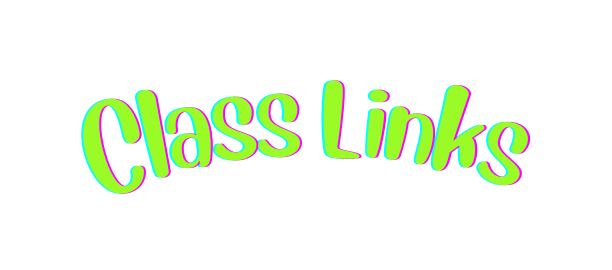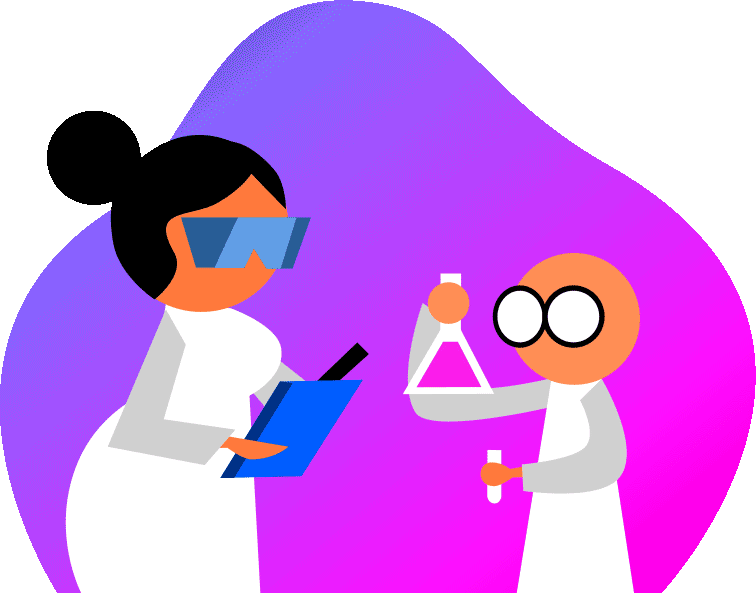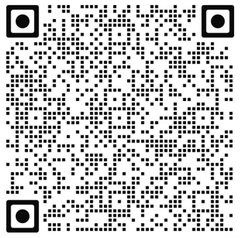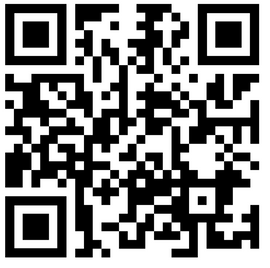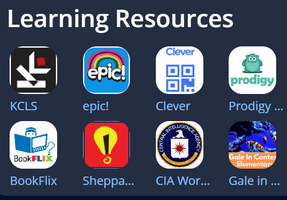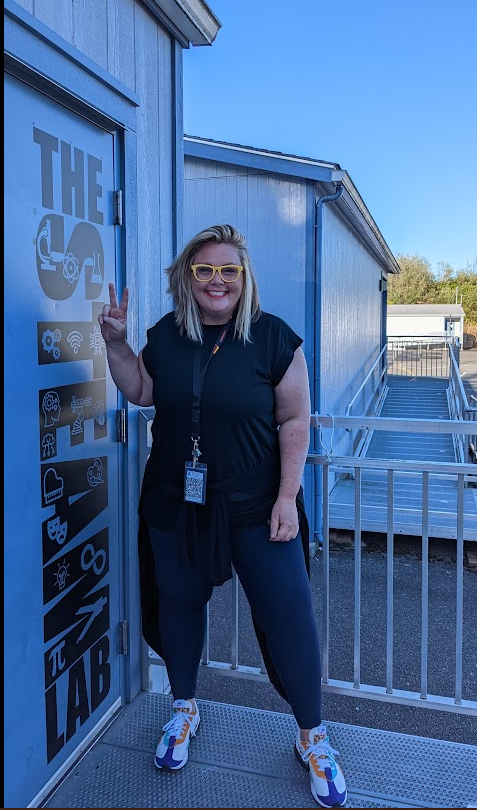
THE
STEAM
LAB
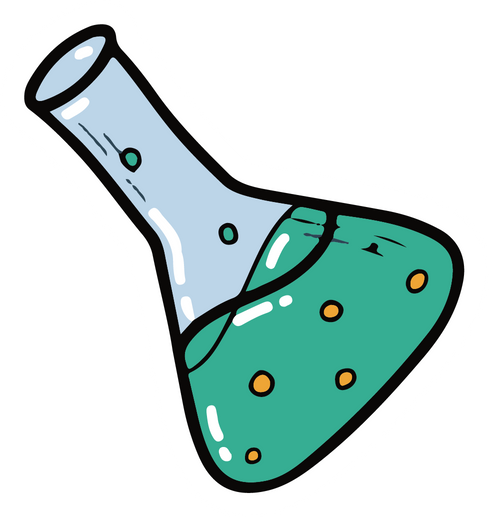
Bio
A little about me.
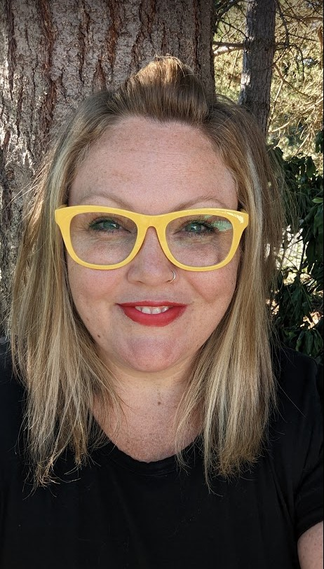
Mrs. Nichols
I was born and raised in Germany, and moved here when I was in 6th grade. My mother is American, and my father is German. I am a dual citizen and speak both languages fluently. I moved to many European countries and know firsthand what it is like to be "the new kid" and learn about new surroundings.
I have two incredible daughters that also go to Martin Sortun, Lena and Lennon. Lena will be in 6th grade this year, and Lennon is in 1st. They both are also dual citizens and are learning German as well. My brother is married to a fantastic artist from Ukraine, and I am trying to learn Ukrainian/Russian. I also have decided to learn Italian this year as well. I love learning about cultures and different backgrounds, and we will celebrate that in my class.
Every month we will embark on a journey to discover a new continent and learn about STEAM/STEM people from that continent. I want to open eyes to all the wonderful people in the community and encourage cultural identity.
My goal is to allow students to access and tap into a world of STEAM resources and job opportunities they might not have thought of before. You don't have to be a math pro to be an architect; you can be a digital artist and be very successful. However, you must work hard at anything and always strive to be the best in any field. I want to help students find different avenues to success.
I have a degree in International Hotel and Tourism Management from NAU, a Bachelor’s/Diplom in International Hotel and Tourism from IU International University of Applied Sciences in Germany, and an MBA from the University of Phoenix, and I am also finishing my last months in my Masters in Elementary Education from WGU. I have been lucky to have worked in the KSD since 2018 and am now the STEAM teacher!
Why STEAM and not STEM?
STEAM, the difference lies in the way they approach scientific concepts. STEM focuses explicitly on the hard scientific, technological, engineering or mathematical skills to drive progress or create a new concept. In STEAM curricula students leverage both hard and soft skills to solve problems.
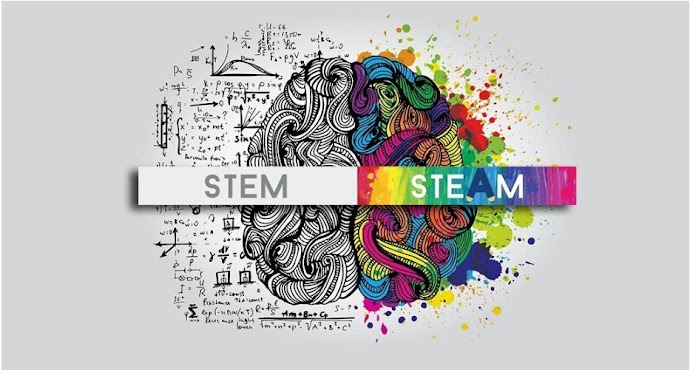
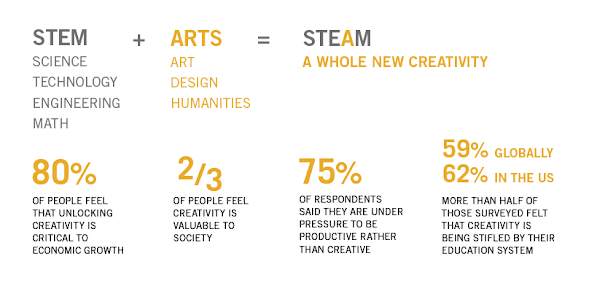
The Importance of STEAM
In Recommendations for STEAM Education, a workgroup outlined what STEAM education will do and why it is important:
- Help produce the capable and flexible workforce needed to compete in a global marketplace.
- Ensure our society continues to make fundamental discoveries and to advance our understanding of ourselves, our planet, and the universe.
- Generate the scientists, technologists, engineers, and mathematicians who will create the new ideas, new products, and entirely new industries of the 21st century.
- Provide the technical skills and quantitative literacy needed for individuals to earn livable wages and make better decisions for themselves, their families and their communities.
- Strengthen our democracy by preparing all citizens to make informed choices in an increasingly technological world.
- Prepare and engage all students no matter their gender, race, or background.
Science, Technology, Engineering, Arts& Mathematics (STEAM)
STEAM Literacy
STEM literacy is the ability to identify, apply and integrate concepts from science, technology, engineering, and mathematics to understand complex problems and to innovate to solve them. STEM literacy is achieved when a student is able to apply his or her understanding of how the world works within and across the four interrelated STEM disciplines to improve the social, economic, and environmental conditions of their local and global community.
Scientific Literacy
Scientific
literacy is the ability to use knowledge in physics, chemistry, biology, and earth/space science to understand the natural world and to participate in decisions that affect it.
Technological Literacy
Technological
literacy is the ability to use new technologies, understand how new technologies are developed, and have skills to analyze how new technologies affect us, our nation, and the world.
Engineering Literacy
Engineering
literacy is the ability to use the systematic and creative application of scientific and mathematic principles to practical ends, such as the design, manufacture, and operation of efficient and economical structures, machines, processes, and systems.
Mathematical Literacy
Mathematical
literacy is the ability to analyze, reason, and communicate ideas effectively through posing, formulating, solving, and interpreting solutions to mathematical problems in a variety of situations.
STEAM
RESOUCES
Click on the Titles to be directed to the pages.
PBS LEARNING
Contact Me:
Please feel free to contact me here: 253.373.7314
Monday - Friday 8:30 am to 5 pm
Jennifer.Nichols2@kent.k12.wa.us
